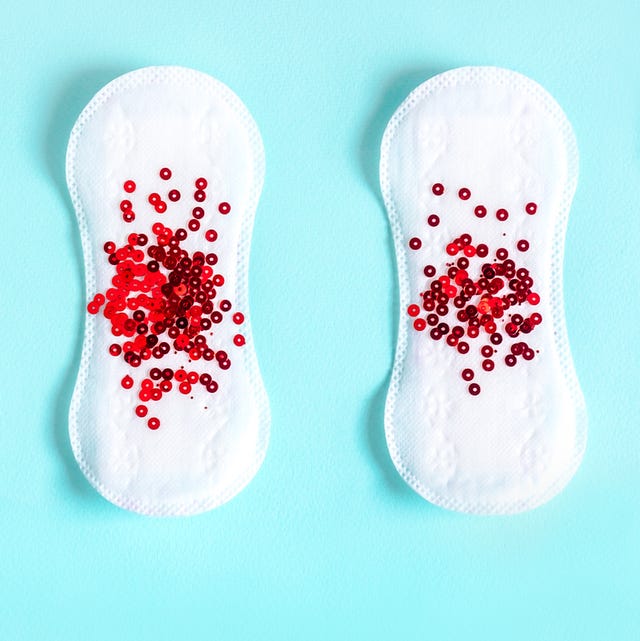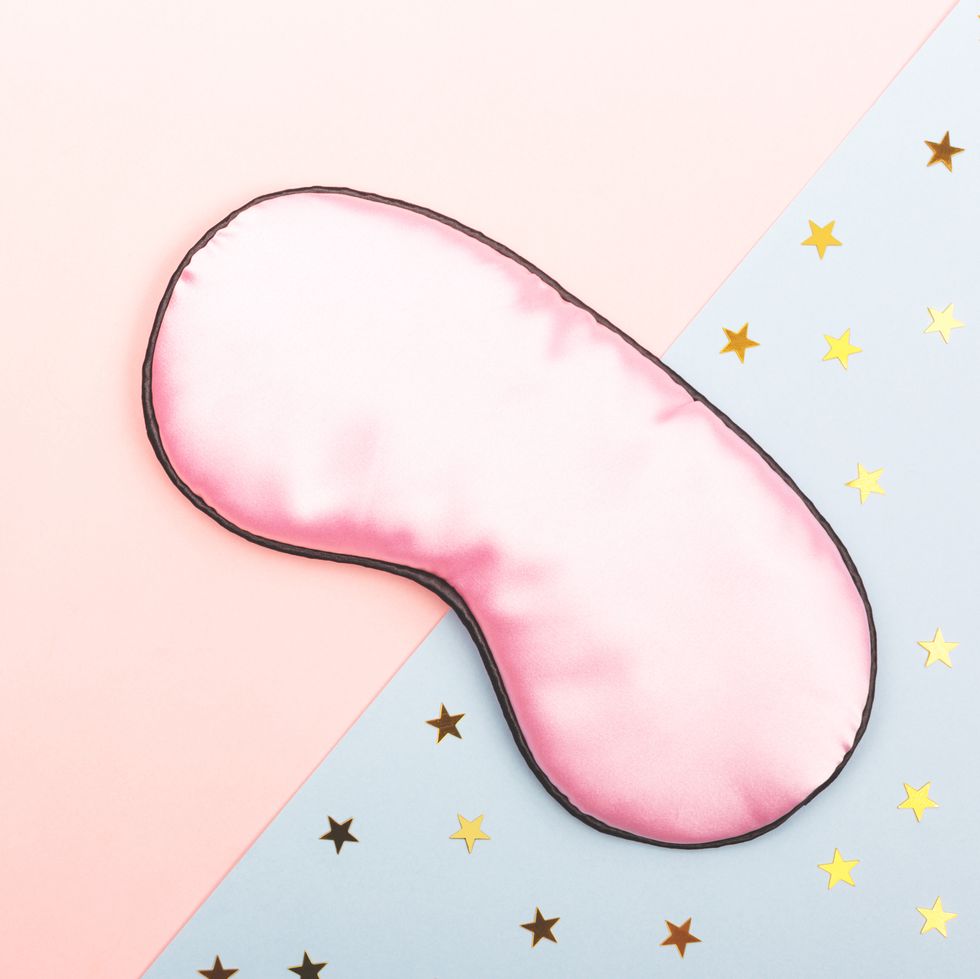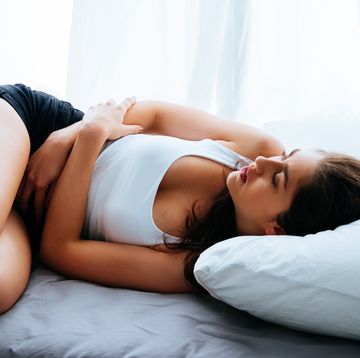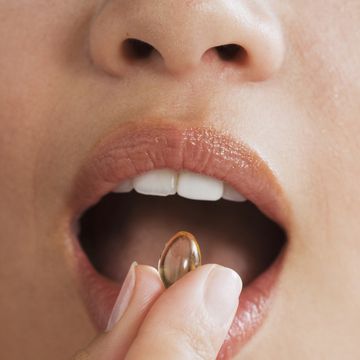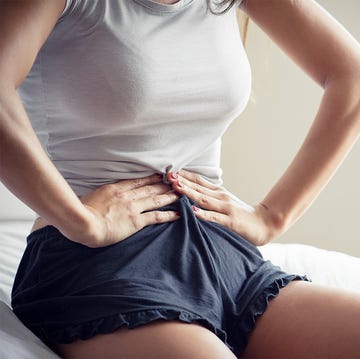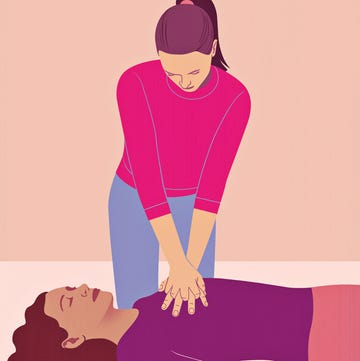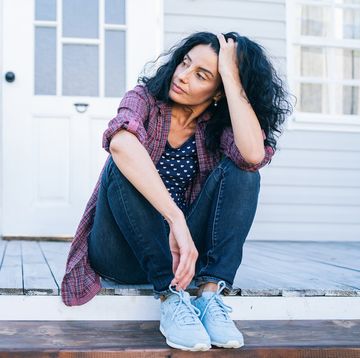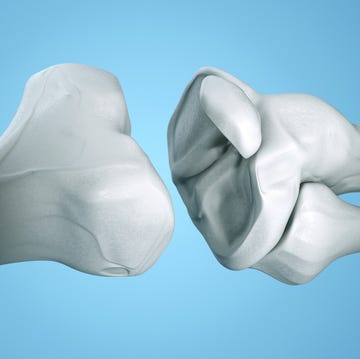When it comes to menopause—the life stage that kicks off a year after a woman’s last period—some of us tend to avoid asking our doctors too many questions. It may be because, as women, we’re conditioned to think that menopause is just about hot flashes, and otherwise no big deal. But there are countless physical and mental health changes going on that may generate curiosity, confusion, or concern.
Which is why we tapped a top expert—Stephanie Faubion, MD, director of the Mayo Clinic Center for Women’s Health in Jacksonville, Florida, and medical director of The North American Menopause Society (NAMS). Here, she shares the questions many of her patients ask about this very important mid-life transition, along with the answers. Consider this your menopause primer, but don’t underestimate how helpful it can be to see a doctor to address additional questions and symptoms.
Why does sex feel so painful now?
“Typically we see the onset of vaginal dryness after hot flashes and night sweats start. This is generally 12 to 18 months after the last menstrual period,” Dr. Faubion says. “However, in contrast to hot flashes and sweats, painful sex gets worse over time, not better,” she adds.
In fact, while roughly 50 percent of women in the United States experience painful sex, the majority of women don’t get treatment. “The majority of women don’t ask about it and their providers don’t bring it up. But I wish everyone would because there are lots of treatment options available,” she says.
These options include vaginal estrogen inserts, creams, and lubricants. If vaginal dryness is making sex uncomfortable, ask your doctor which options might be a good fit for you.
I was always such a great sleeper and now I rarely get a good night’s sleep. Why is this?
Sleep disturbances are an ongoing issue during menopause and an important step is to figure out why this is happening, Dr. Faubion says. “This is a period of vulnerability and women who develop depression and anxiety during this phase of life can’t get to sleep initially or they’ll often wake up at night and find themselves unable to fall back asleep,” she says. “The other things that can happen at this point in life: You may begin to experience urinary frequency, restless leg syndrome, or sleep apnea, which will wake you up from sleep, and these conditions may require treatment.”
You’ll want to discuss this issue with your healthcare provider as treatment can help you get that all-important good night’s sleep.
I haven’t changed my diet and exercise regimen but my weight keeps going up. Why is this happening?
“If you don’t change anything about your routine you will gain weight in mid-life,” Dr. Faubion says. This is due to the fact that we lose a little bit of muscle mass every year after age 50 (the average age menopause occurs is 51, according to the Mayo Clinic) and muscle burns calories, she says. “That, plus the fact that if you take in more calories, you can experience a weight gain of, on average, 1.5 pounds per year.” Dr. Faubion says you can combat this by eating healthfully and doing regular weight training to help you maintain muscle mass.
I’m griping at everyone—including the dog! Why am I so moody?
Mood disorders are incredibly common during the menopause transition and during menopause itself when estrogen levels fall, Dr. Faubion says. “The women most at risk for experiencing this are those who have a history of hormone-sensitive mood issues, PMS, postpartum baby blues, and depression,” she says. “The good news is that if you took an antidepressant medication—and it worked—it’s likely to work again.” Chat with your doctor to see if medication is the right path for you.
Do my body aches have anything to do with menopause?
Joint aches are one of the most common symptoms that women don’t connect with menopause, Dr. Faubion says. “Still, it’s important to note that this doesn’t mean you’re having joint degeneration or arthritis.” Instead, what’s happening is that as you lose estrogen. “For women experiencing these joint aches, it’s very debilitating and feels like all-over aches and pains—not just, say, an elbow pain or isolated neck ache.” To feel better, try a cold pack or heating pad and keep moving as exercise is one of the best ways to keep joints limber, Dr. Faubion says.
Is it true that you have to start worrying about osteoporosis the minute you enter menopause?
Keeping an eye on your bone health is critical since women lose the most bone density in the first five years after menopause, Dr. Faubion says. “The bone loss you experience as you go through menopause is steep, but it’s just as important to understand what your risks are for osteoporosis,” she says. These risk factors include a family history of osteoporosis, a personal history of fracture, being a smoker or heavy drinker, and a history of taking steroids, Dr. Faubion says.
To best protect your bones, make sure you get enough calcium in your diet—today. “I recommend getting 1,200 milligrams of elemental calcium from all sources, diet, and supplements, and make sure you’re not low on vitamin D,” she says, adding that vitamin D is important for keeping your bones healthy. To find out if you’re deficient, your healthcare provider can order a simple lab test. “Doing weight-bearing exercise to maintain muscle mass is also important,” Dr. Faubion adds.
And rest assured: Not all women need to be screened for osteoperosis immediately upon finishing their last period. “The official age to begin screening is 65 unless you have a risk factor,” Dr. Faubion says. “There’s no reason for you to have to have a bone density scan the minute you go through menopause”

